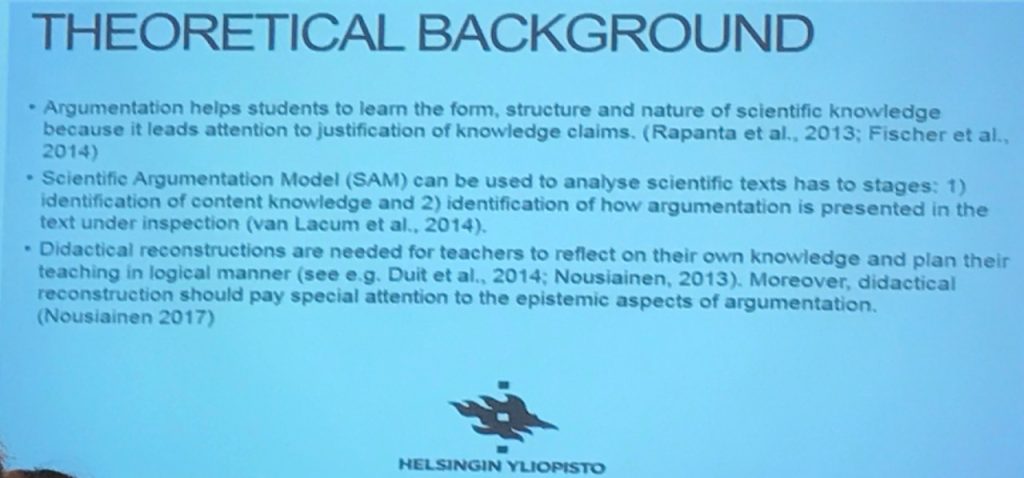Coherence – How to Achieve Coherence in Writing
What is Coherence? Coherence in writing refers to the logical connections and consistency that hold a text together, making it understandable and meaningful to the reader. Writers create coherence in three ways: What is Logical Consistency? What is Conceptual Consistency? What is Linguistic Consistency? Synonyms Related Concepts: Flow; Given to New Contract; Grammar; Organization; Organizational ...










